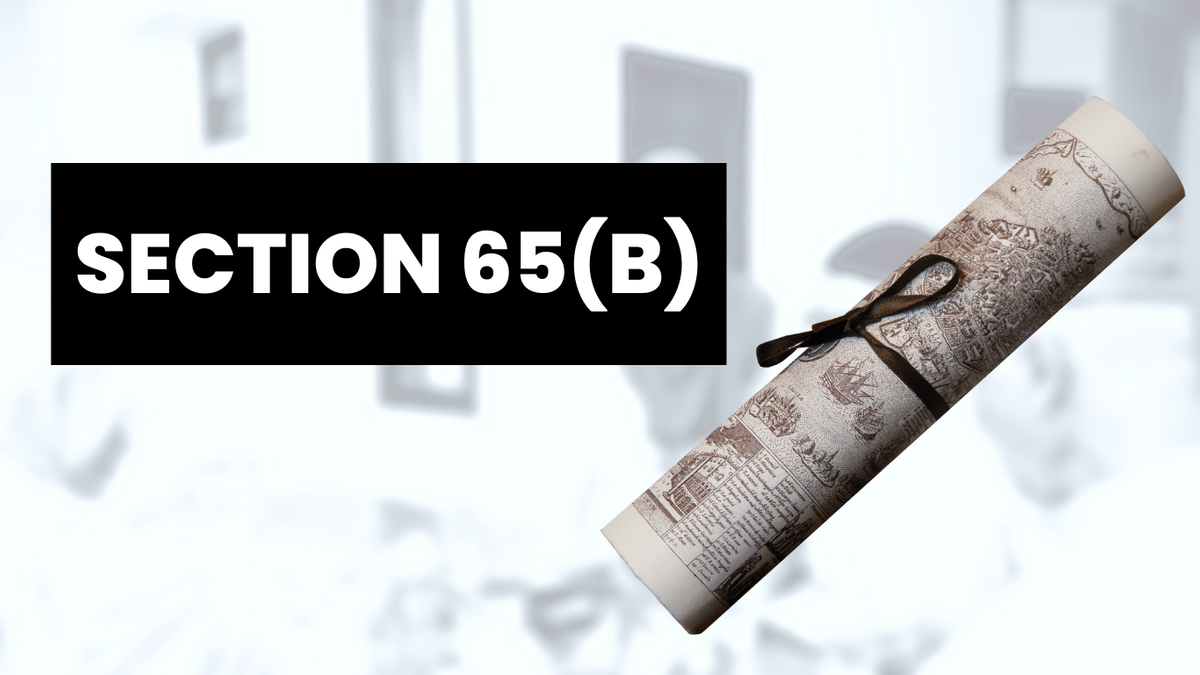
Some of the best criminal lawyer in Delhi have explained well about the Section 65B (4).
According to section 65B (4) of the Indian Evidence Act, the certificate is not required at the time of filing the charge sheet and can be produced later at the time of trial.
In the case of state Karnataka Lokayukta Police Station, Bengaluru v. M.R. Hiremath, the supreme court acknowledged that iterred in concluding that the absence of a certificate at the time of filing the charge sheet might be fatal to the case under Section 65B (4) of the Indian Evidence Act.
This certificate is not required to be presented a tthe time of the charge sheet. This certificate is required during the trial when the lawyer must present the case's evidence related to the case. This is the time this certificate is required to present to the court.
In the case of Shafhi Mohammad v. State of Himachal Pradesh, the court held that if the original document is submitted, the requirement for an electronic certificate under section 65B (4) of the EvidenceAct is nullified.
If the evidence is in electronic form and there is no original document, the certificate must be produced at the time of trial. And,if a faulty certificate is produced or the involved individual refuses to provide the certificate, the judge can summon the person(s) under section 65B(4) of the evidence act.
This can be varying according to the case, in civil cases, the certificate must be presented in line with the law and requirements. However, under the relevant provision of the criminal procedure code, it is required to provide all documents relating to the case when the trial begins.

